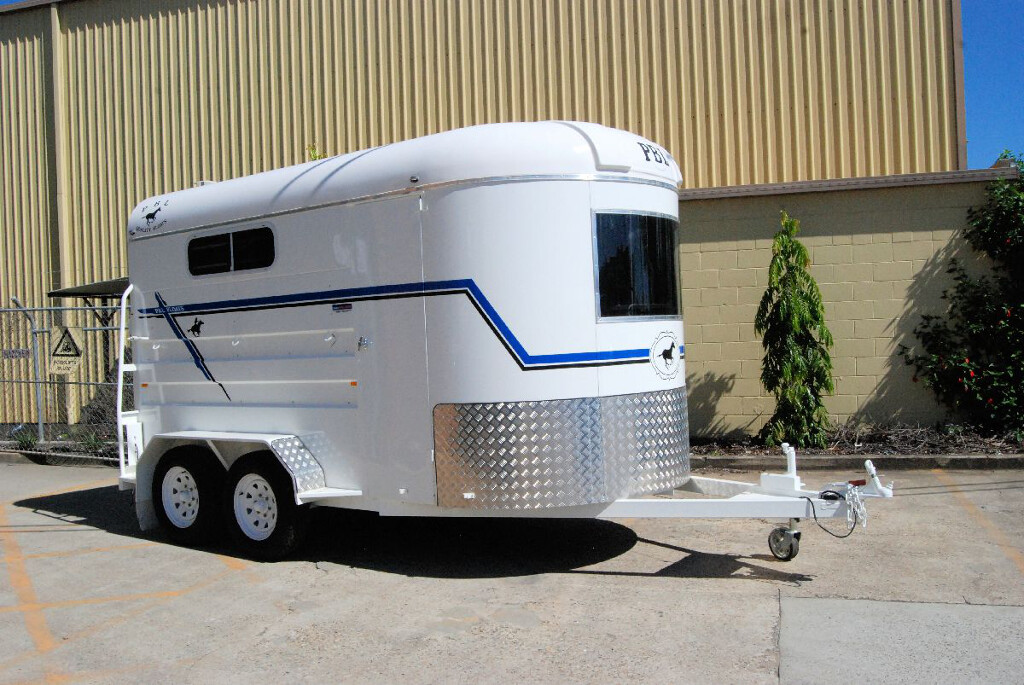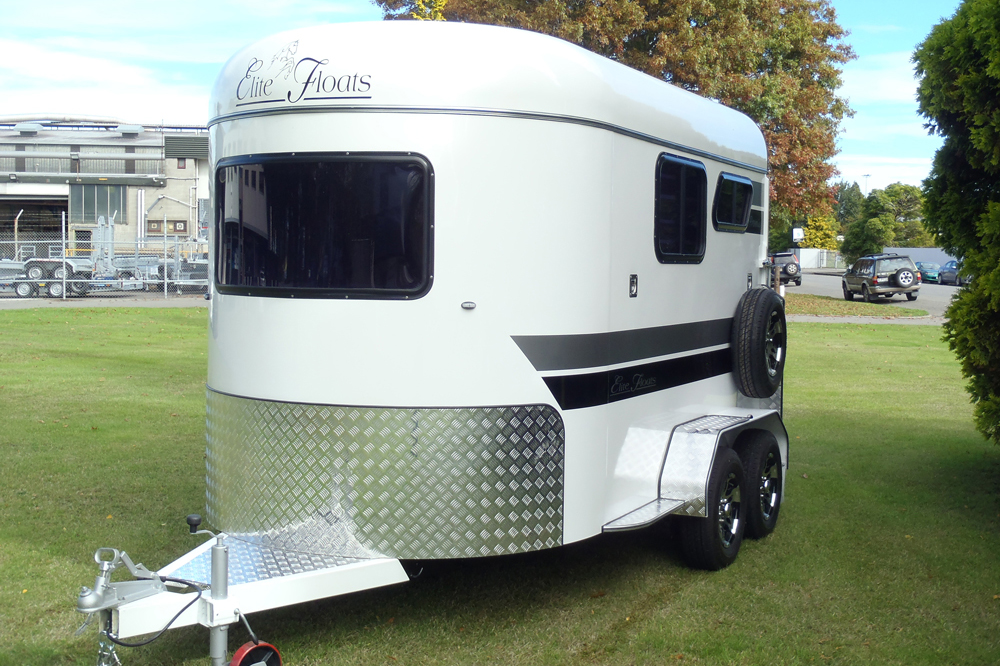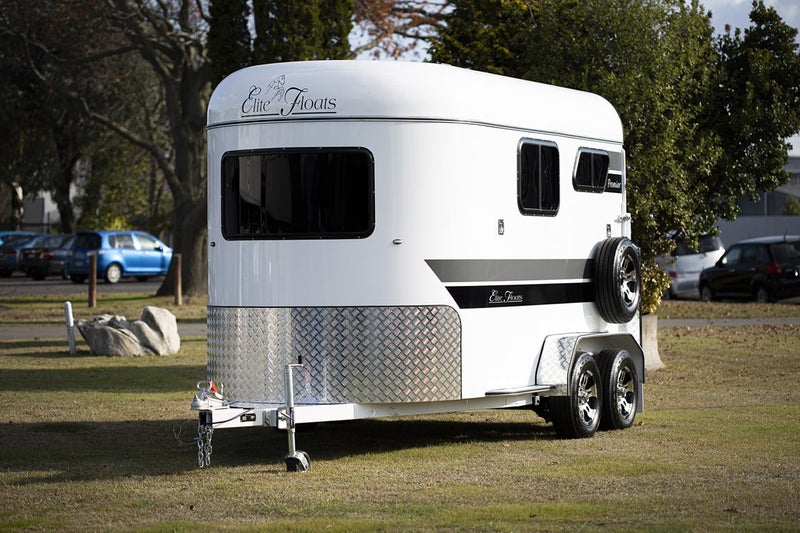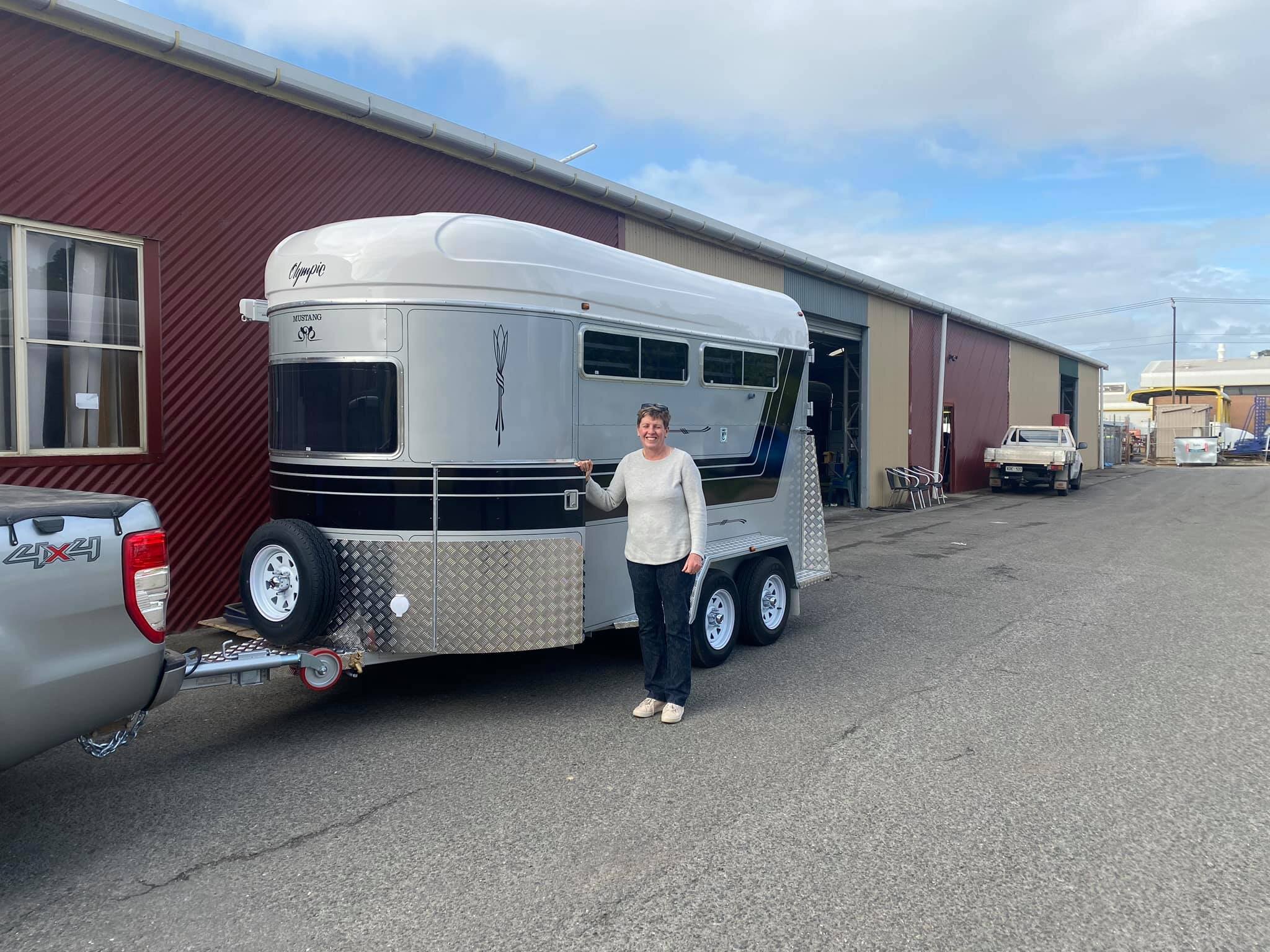
Buying a horse float is both exciting and stressful. You’re excited for your equine friend to get the best quality float but you know there are considerations to ensure this happens. Well, we have put together this piece to help you with those imperative considerations. When it comes to brakes, materials, safety and other important aspects, be sure to consult this list:
1. Safety

Safety is the primary concern when purchasing your float. Therefore, when it comes to viewing potential designs this should be your number one concern. Be sure to look for exposed or jagged edges and pieces of metal. What’s more, keep an eye out for bulging bolts, chains and fastenings. The last thing you want is for them to bump into something nasty. The best angle load horse float won’t pose such risks as the builders know all about these safety concerns!
2. Ventilation
Poor ventilation can cause carbon dioxide and ammonia fume buildup that can be problematic for their breathing. What’s more, the last thing you should do is take them out on the road on a hot summer’s day without proper ventilation. The best designs are always those that allow for the parts to open up and allow them to breathe peacefully.
3. Your car’s towing capacity

Your car must be legally capable of pulling the model’s weight. So you must check your vehicle’s aggregate trailer mass (ATM) in its handbook. It may be listed as gross trailer mass (GTM) instead, and GTM is always lower than ATM. You must also consider your horse’s weight when it comes to towing.
4. The float’s suspension
You have numerous available options when it comes to suspension. They are all designed to limit the amount of shaking your horse experiences. You may like to choose torsion suspension, rocker roller suspension or air suspension.
5. Brakes

There are different legal requirements that depend on the design’s weight. There are two types available: electric and hydraulic, with electric being the safest option.
6. Height
They obviously need room to stand comfortable throughout the journey. Therefore, a minimum interior height of 2.2 – 2.3 metres is always a recommended option. This is typically higher than most designs and will likely allow them plenty of space and comfort. You should also check the entry height as some may contain coverings that force them to duck when entering.
7. Materials

Trailers are typically made with a variety of materials that suit different purposes. You should always consider your trailer’s composition because it has a direct impact on maintenance, horse trailer weight, cost of maintenance and repair costs. You should also consider the floor material because this will affect their comfort when on a long journey. Typical materials include aluminium, galvanised steel, plastic and wood.
8. Accessories
Modern trailers are fitted with all kinds of accessories to make transport more comfortable. For example, a trailer camera is a great way to monitor your horse whilst on the road, ensuring that they are comfortable and have plenty of space and ventilation. You can also purchase a mobile water heater with a shower so you can easily clean the trailer and give them a shower on-the-road. What’s more, having a bed and sink in the trailer can make certain parts of the journey run a lot smoother when access to these essentials is sparse.
So, be sure to follow these imperative considerations when purchasing your trailer. They will help you choose the safest and most comfortable option for your equine friend whilst making it easier for you to tow the trailer!














